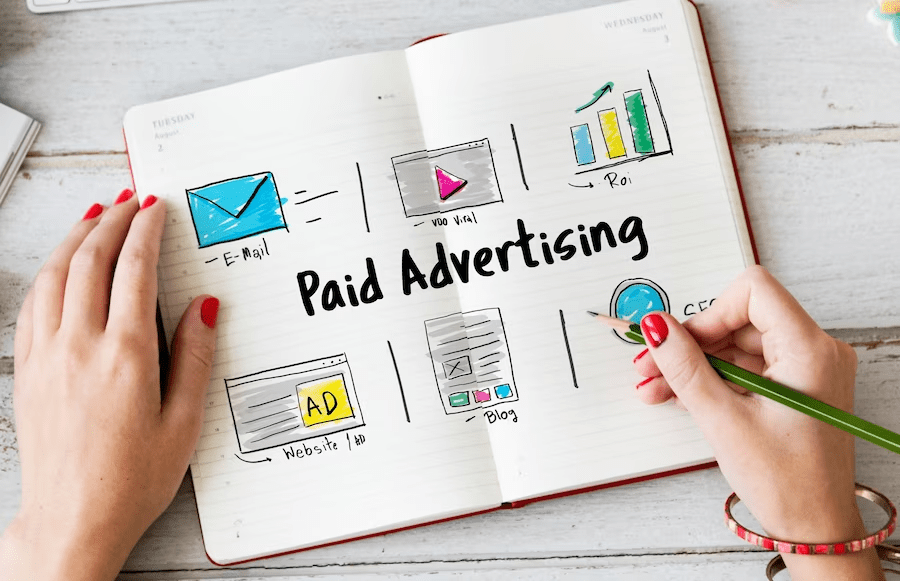Introduction:
Pay-per-click (PPC) advertising has long been an integral part of digital marketing strategies, enabling businesses to reach their target audiences and drive valuable traffic to their websites. As technology continues to evolve, the future of PPC presents exciting trends, innovative approaches, and promising opportunities for businesses to enhance their marketing efforts. In this article, we will explore the key developments shaping the future of PPC and the possibilities they offer.
1. Machine Learning and AI:
One of the most significant trends in PPC is the increasing integration of machine learning and artificial intelligence (AI). Machine learning algorithms can analyze vast amounts of data to optimize ad targeting, bidding, and conversion rates. AI-powered PPC tools enable advertisers to automate campaign management, improve ad relevance, and enhance overall performance. In the future, we can expect more sophisticated AI systems that can adapt and learn in real-time, leading to more effective and efficient PPC campaigns.
2. Voice Search and Conversational Advertising:
The rise of voice search technology has had a profound impact on the way people interact with digital devices. As voice assistants like Amazon’s Alexa and Google Assistant become more prevalent, PPC advertisers will need to adapt their strategies to target voice-based searches. This will require a shift in keyword targeting towards conversational and long-tail phrases, as users tend to speak more naturally when using voice search. Advertisers will also need to explore new ad formats and placements to engage users in voice-enabled devices.
3. Hyper-Targeting and Personalization:
With the wealth of data available to advertisers, personalized marketing experiences have become essential. In the future, PPC campaigns will focus on hyper-targeting, delivering highly relevant ads based on user demographics, interests, and behaviors. Advertisers can leverage data from various sources, including social media platforms, browsing history, and previous interactions, to tailor ad content and maximize relevance. This level of personalization not only improves user experience but also increases the chances of conversions.
4. Visual and Video Advertising:
Visual and video content has become increasingly popular in digital marketing, and PPC is no exception. The future of PPC will see a greater emphasis on visual and video-based advertising formats. Platforms like YouTube, Instagram, and Snapchat offer opportunities for businesses to engage audiences through visually appealing ads. Advertisers will need to optimize their creatives for mobile devices and focus on storytelling and emotional connections to stand out in a visually-driven landscape.
5. Integration of PPC with Other Channels:
The future of PPC lies in its integration with other marketing channels. A cohesive multi-channel approach that combines PPC with social media marketing, email marketing, and content marketing will yield better results. Advertisers will need to create consistent messaging across different platforms and leverage cross-channel data to refine targeting and messaging. By aligning PPC campaigns with broader marketing strategies, businesses can create a seamless user experience and increase overall campaign effectiveness.
6. Enhanced Tracking and Attribution:
Accurate tracking and attribution have always been critical challenges in PPC advertising. However, advancements in technology are making it easier to track and attribute conversions across various touchpoints. The future of PPC will see improved tracking capabilities, enabling advertisers to gain deeper insights into campaign performance. This will enable businesses to make data-driven decisions, optimize campaigns, and allocate budgets more effectively.
Conclusion:
The future of PPC is poised to bring significant advancements, leveraging machine learning, AI, voice search, personalization, visual content, and integrated multi-channel strategies. By embracing these trends and capitalizing on the opportunities they present, businesses can enhance their PPC campaigns and stay ahead of the competition. As technology continues to evolve, advertisers must adapt to changing user behaviors and preferences to maximize the potential of PPC advertising in driving conversions and achieving marketing goals.

As the editor of the blog, She curate insightful content that sparks curiosity and fosters learning. With a passion for storytelling and a keen eye for detail, she strive to bring diverse perspectives and engaging narratives to readers, ensuring every piece informs, inspires, and enriches.










